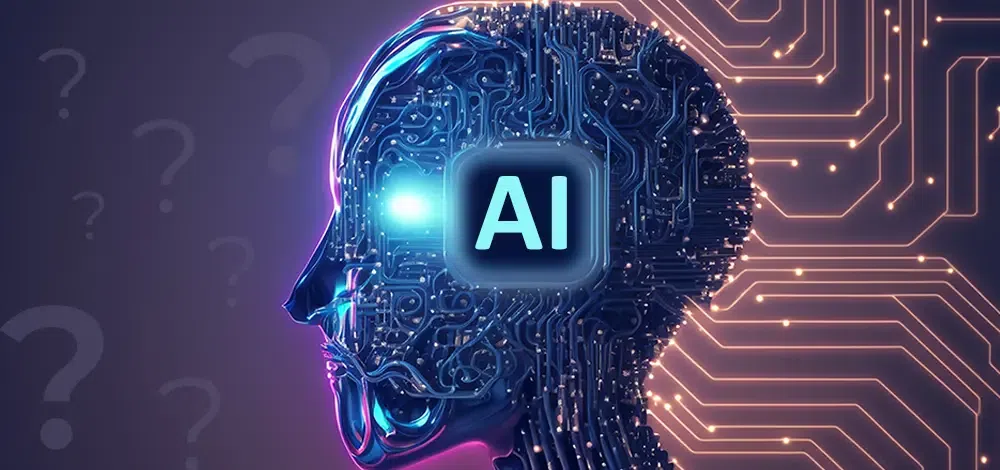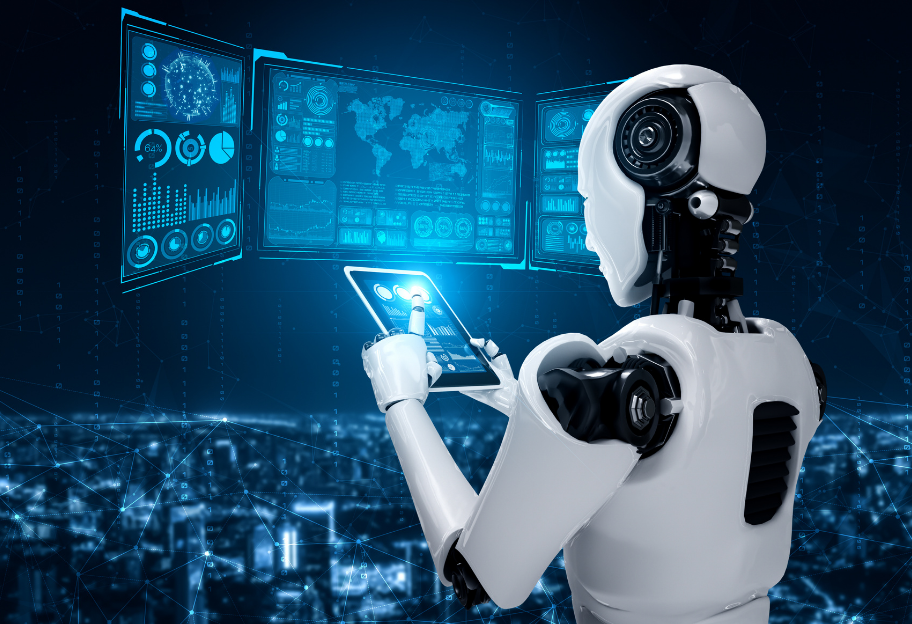Artificial Intelligence (AI) has come a long way since its inception, and its rapid evolution continues to astound and reshape our world. As of my last knowledge update in January 2022, AI had made significant strides, yet there remains a vast terrain of untapped potential. In this 1000-word exploration, we will delve into the exciting advancements on the horizon for AI, charting a path towards a more intelligent and capable future.
- Explainable AI (XAI)
One of the most pressing concerns in AI development is making AI systems more transparent and understandable. Explainable AI (XAI) is a research area dedicated to ensuring that AI models provide clear explanations for their decisions. This is vital for building trust and accountability in AI systems, especially in applications like healthcare and autonomous vehicles. As we move forward, AI systems will not only make decisions but also explain how and why they reached those conclusions.
- AI in Healthcare
The healthcare industry has already benefited greatly from AI, but the potential is far from realized. AI can be a game-changer in medical diagnosis, drug discovery, and personalized treatment plans. With advancements in deep learning and natural language processing, we can expect AI to enhance the speed and accuracy of medical diagnoses and offer more personalized treatment options.
- Ethical AI
The ethical use of AI is a growing concern. We need AI systems that are not only capable but also adhere to ethical guidelines. Future improvements in AI will likely involve more stringent ethical considerations, including preventing bias in AI algorithms, ensuring data privacy, and promoting responsible AI use.
- AI-Powered Education
The COVID-19 pandemic accelerated the adoption of online learning and edtech solutions. AI can play a pivotal role in personalizing education, providing tailored learning experiences for students. The future of AI in education will involve adaptive learning platforms that assess students’ strengths and weaknesses, offering them customized learning paths.
- AI in Climate Change Solutions
Addressing climate change is a global imperative, and AI can be a powerful ally in this battle. Future AI improvements may include better climate modeling, resource optimization, and aiding in the development of clean energy technologies. AI can help us make more informed decisions and develop sustainable solutions.
- Quantum Computing and AI
Quantum computing is on the horizon, and it has the potential to revolutionize AI. Quantum computers can handle complex AI tasks exponentially faster than classical computers. As quantum computing technology matures, we can expect AI to become even more powerful and capable, unlocking new frontiers in problem-solving.
- AI in Business
AI is transforming the business landscape by enhancing decision-making, automating tasks, and improving customer experiences. In the future, AI will become even more integrated into business operations, offering real-time insights, predictive analytics, and efficient process automation. This will lead to more agile and competitive organizations.
- AI in Creativity
AI is not limited to analytical tasks; it’s also making inroads into the creative sphere. We can expect AI-generated art, music, literature, and design to become more sophisticated. AI will not replace human creativity but will complement and inspire it, opening up new avenues for artistic expression and innovation.
- AI in Language Translation
AI-driven language translation is improving rapidly, thanks to advancements in neural machine translation. Future AI language models will be capable of translating not just words and phrases but also idioms, cultural nuances, and even emotions, breaking down language barriers more effectively.
- AI in Space Exploration
Space exploration is a field where AI is becoming increasingly important. Autonomous rovers, drones, and spacecraft can explore distant planets and asteroids with AI guidance. Future improvements may involve more autonomous decision-making by AI systems, making space exploration more efficient and cost-effective.
- AI in Legal Services
Legal professionals are harnessing the power of AI to assist in legal research, document analysis, and contract review. The future of AI in the legal industry will include more advanced natural language processing models, leading to quicker and more accurate legal advice.
- AI Ethics and Regulation
The ethical and regulatory framework for AI is continually evolving. In the future, we can expect more comprehensive AI regulations that address issues such as bias, accountability, and transparency. These regulations will ensure that AI technologies are developed and used responsibly.
- AI and Cybersecurity
The world is becoming increasingly digital, and with that comes a growing need for robust cybersecurity. AI is already being used to detect and prevent cyber threats. Future improvements will involve AI systems that can adapt and respond to evolving cyber threats in real-time.
- AI in Agriculture
The agricultural sector can benefit significantly from AI. AI-powered systems can help optimize crop management, monitor soil health, and even assist in autonomous farming operations. The future of AI in agriculture promises increased food production efficiency to meet the growing global demand.
- AI and Robotics
Robotics and AI are intricately connected, and future improvements in AI will undoubtedly enhance the capabilities of robots. AI-powered robots will be more versatile, adaptable, and capable of performing complex tasks in various industries, from healthcare to manufacturing.
- AI in Transportation
Autonomous vehicles are already on the roads, but there’s much room for improvement. Future AI developments will focus on enhancing the safety and efficiency of autonomous transportation, including self-driving cars, drones, and even hyperloop systems.
- AI and Accessibility
AI can make the world more accessible for people with disabilities. Improvements in AI will lead to more advanced assistive technologies, such as AI-powered prosthetics, communication aids, and navigation tools, enabling greater independence and inclusion for individuals with disabilities.
- AI in Customer Service
Chatbots and virtual assistants have transformed customer service. Future AI developments will involve more natural and empathetic interactions between AI systems and customers. AI-driven customer service will be more responsive to emotions and context, enhancing user experiences.
- AI in Entertainment
The entertainment industry is continually exploring AI’s potential in creating immersive experiences. AI can analyze user preferences to recommend content, generate realistic video game environments, and even assist in scriptwriting and character design. The future of AI in entertainment is bound to be highly engaging and interactive.
- AI and Social Impact
AI can be a force for positive social impact, helping address societal challenges like poverty, education, healthcare, and disaster response. AI-driven solutions will be more accessible and affordable, making a tangible difference in underserved communities.
In conclusion, the future of AI is both promising and challenging. As we look ahead, we must embrace the potential of AI while being mindful of its ethical, regulatory, and societal implications. The path forward will require collaboration between researchers, policymakers, and industry leaders to ensure that AI continues to benefit humanity. The improvements we anticipate in AI over the next decade will undoubtedly transform our world, shaping a future that is more intelligent, efficient, and inclusive.




Leave a Reply